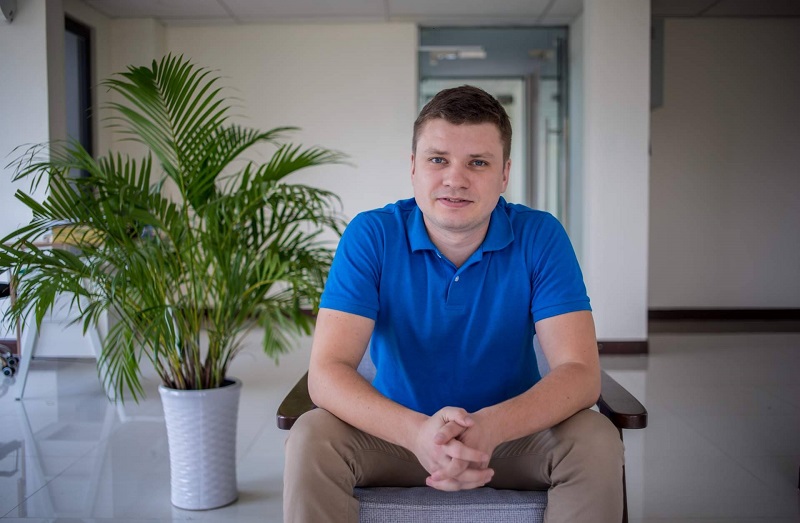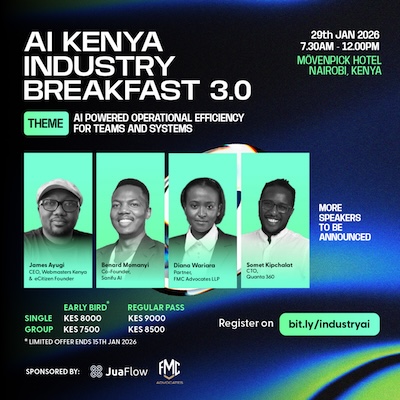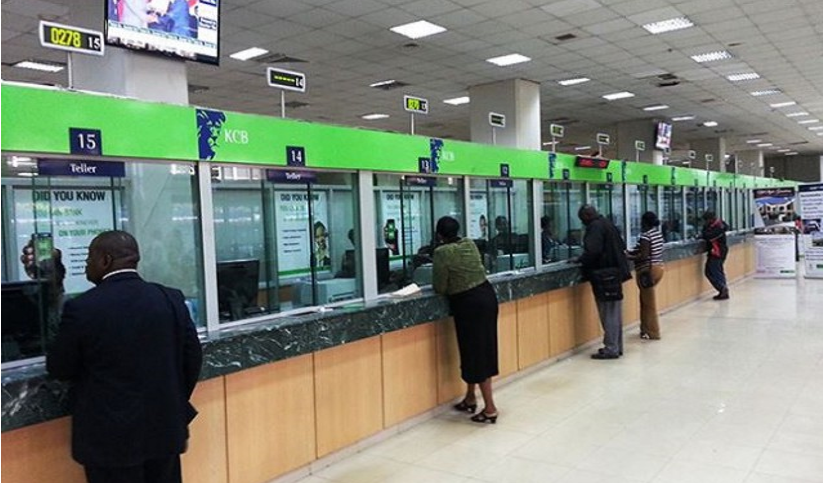
Fintech has become a significant force in shaping the financial services industry in Sub-Saharan Africa. As this market grows, the need for data also arises – data has become an integral part of the value chain.
In this interview, we talk to Ted Martynov, the CEO of CARMA, the world’s first data marketplace that provides lending organizations with credit assessments (including the underserved and unbanked) while they also allow other industries to contribute to sharing their data on their marketplace. This data includes KYC, contacts, purchasing, subscription, and credit information of individuals.
CARMA aims to fill the gap in the credit reference and lending space where credit history and other traditional data sources are limited. Fintech’s in Africa have targeted early adopters and individuals who are already making use of banking and financial services however the opportunity knocks for those who can find ways to deliver new and better services to the underserved and unbanked. The ability to pool and mine unconventional data to create new scoring and evaluation algorithms will be central to unlocking the next wave of innovation and facilitating risk management which is mostly seen in the developed markets.
CARMA offers proprietary decentralized technology allowing lenders to get more value by accessing data on a real-time basis. While non-lending organizations can also monetize their data which will increase their number of lenders.
1. Kindly introduce yourself and your role at CARMA
My name is Ted Martynov. I was in the lending business for a decade in my native country, Ukraine, before founding a PAYGO solar company in Myanmar in 2016. Experiencing lending business in banked and unbanked countries turned out to be very different first of all due to the accessibility to reference sharing services. When we started our first lenders in Ukraine, all credit decisions had to be made based on internal information or data received from black markets but then credit bureaus fixed access to credit data and the issue became water under the bridge.
This is not the case for many other developing countries where mobile money unfolded tremendous demand for credit services. The pace of mobile money penetration is many times higher than traditional banking which makes credit bureaus too slow in roll out and too limited to the traditional banking sector.
This problem made me founding and running CARMA.
2. You have created a platform and service that allows lending organisations or fintechs access a credit assessment of potential lenders, even those who are unbanked and underserved. How does it work?
CARMA goes beyond a traditional credit reference service. Mobile money economics included a strong digital footprint of underbanked. Access to this data greatly improves decision making in any business regards including credit decisions. On the other hand, nearly nobody wants to trust storing their entire databases of customers with credit bureaus with no monetary incentives.
We tackle all those issues. We welcome the introduction of any individuals-related data by any industry. We do not require relocation of the company’s database to our servers. Data contributors paid every time somebody hit their data.
CARMA is a unique data marketplace servicing enterprises in sharing pan-industry, real-time data in a format of data one-stop-shop on a paid basis.
3. Who are your customers?
From the contributor’s side, any B2C organization can make money providing access to their data. Data consumers are lending organizations who look up data to improve credit assessment. We work on providing access to pseudonymized data for any other entities which will drive data-driven decision making.
This way of data consumption fully prevents risks of unfair competition and complies with data privacy protection. We double-check lenders have explicit consent of an individual to get access to personal data. Pseudonymized data does not reveal any personal information at all.
4.The unbanked and underserved population is still big in Sub-Saharan Africa. How’s CARMA helping close this gap?
I can’t agree more. We believe CARMA is a game changer in access to financial services. Financial inclusion has two fundamental issues: customer verification and credit scoring. Having both that in place reduces tremendously the cost of customer acquisition cost and credit risk for financial institutions. Getting access to data of other enterprises under CARMA Protocol mitigates both the issues. Financial service providers get better ROI and can provide more and better quality funding to underbanked.
5. Data sources are limited in most Sub-Saharan Africa countries, same for credit history. What’s your approach to this?
It is hard to disagree with that but we see it as a more consolidation problem. It is limited but it tends to grow. Even putting together all available information is a huge boost for knowledge of underbanked. Data inclusivity is our primary aim and the key to the most of know-your-customer issues.
6. Digital lending app in countries like Kenya which I believe are some of your customers are coming under scrutiny for predatory practices. Is this affecting how you work?
I believe the predatory practices you mentioned in a bigger meaning reflect the ethical level of the companies which were harboured to this after hard times brought by COVID. CARMA allows only licensed lenders to get access to personal data and every case of improper data usage leads to investigation. Investigation matter gets suspension to data services. Any embezzlements around unfair competition or non-ethical data usage has zero tolerance. We can afford that by being non-affiliated with any of lending players elsewhere.
7. In October last year, you announced your early-stage venture funding round led by Mictotraction. How do you intend to use the funding? Which markets are you looking to expand to?
Raising money with such a great name was a big luck for us. Nigeria, Kenya, Zambia are the great beachhead markets for us. However, the beauty of decentralized data sharing is no need to place any local infrastructure and we will be happy to introduce our solution everywhere around a group of early adopters.
8. Was this your first funding?
Yes, Microtraction and a group of individuals was our first external round of funding. We look for more funding early 2021 to rollout.
9. Since you work with fintechs, how would you describe the fintech space inSub-Saharan Africa and how you’re contributing to its growth?
Fintech is a real salvation for underbanked markets. They literally fill in the gap for financial services and even more, it overtakes time by introducing solutions which have never been there in the well-banked Western World. Making the real expression “Data is the new oil” is our contribution. Data can be easily monetized or queried to improve business decisions. CARMA is also a sort of corporate internet by linking entity data as a service. This is the brand new thing and we are happy it started in Africa.
10. Any final remarks or the latest news from your company?
Thanks for the great interview. We encourage any organization in Africa to contribute their data for the better future of everyone in the continent.
Follow us on Telegram, Twitter, Facebook, Youtube, or subscribe to our weekly newsletter to ensure you don’t miss out on any future updates




One Comment